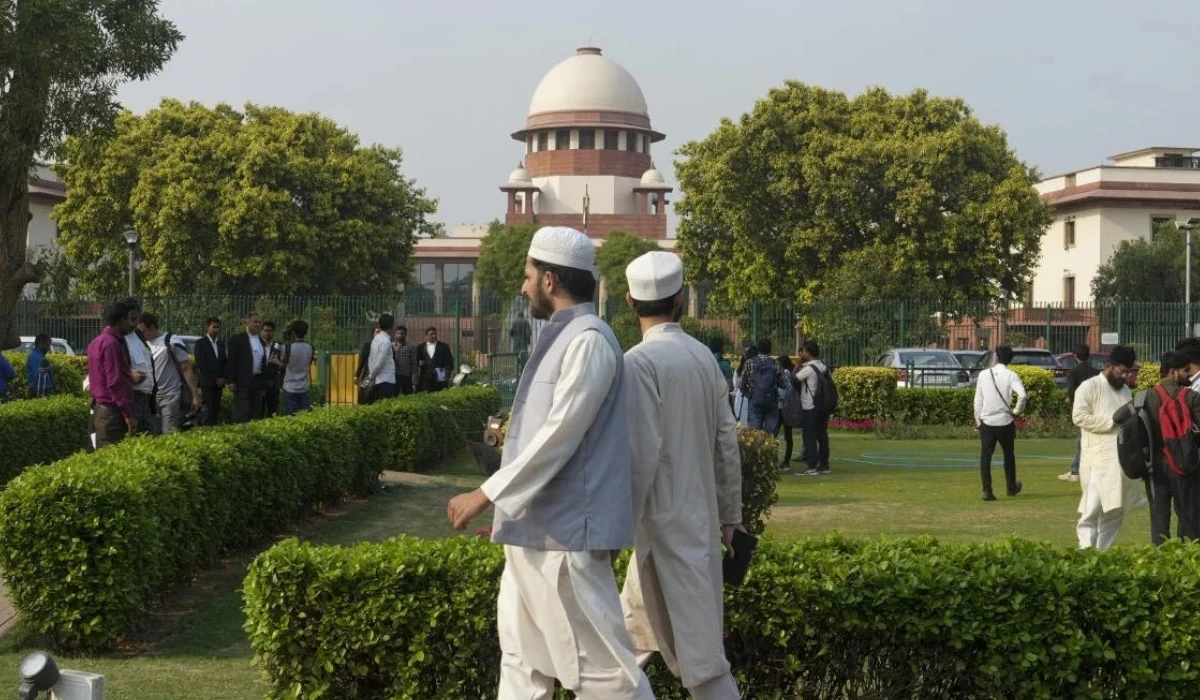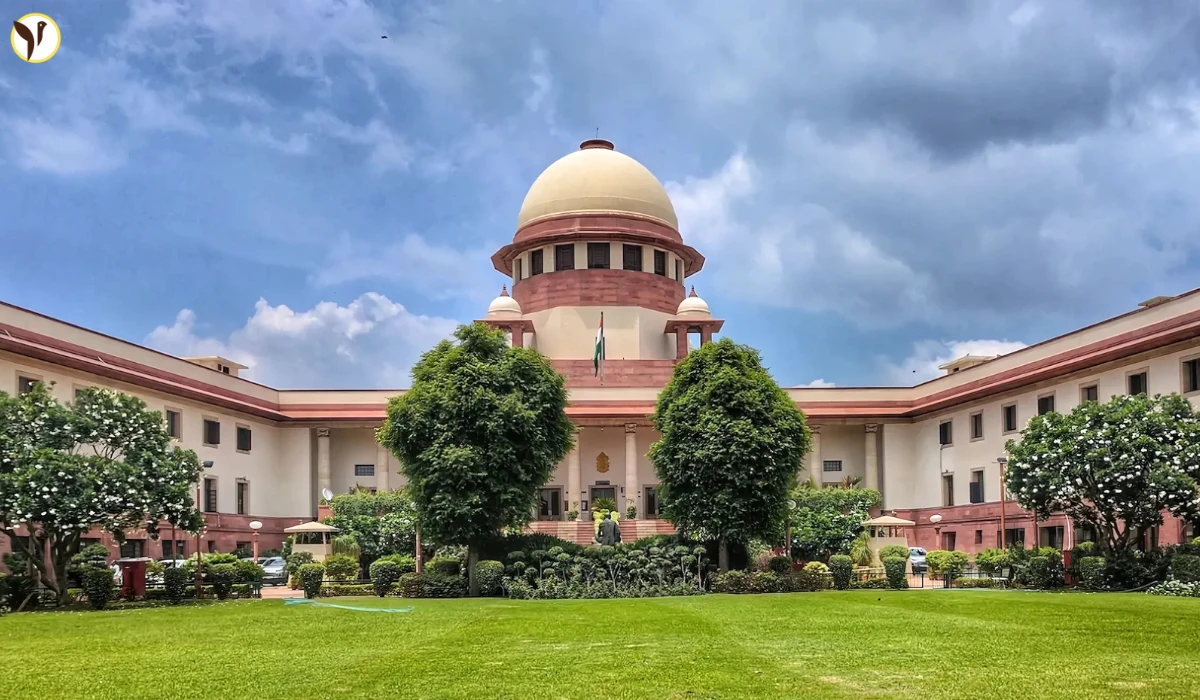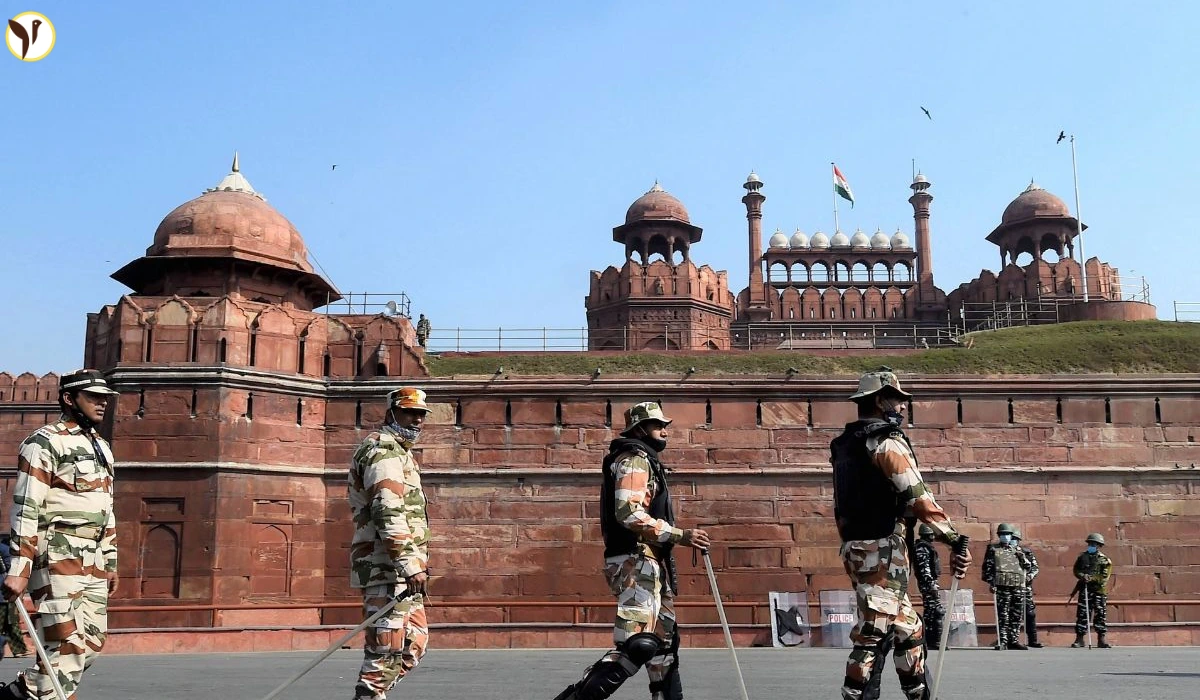The Supreme Court of India has delivered a major order on the Waqf Amendment Act 2025, putting a temporary hold on three of its most debated provisions. The Court’s decision came after several petitions challenged the new law, arguing that it violated citizens’ rights and gave Waqf Boards excessive control over properties.
The verdict brings immediate relief to landowners and individuals who feared losing their property rights under the amended rules. Here’s a closer look at what the Court said and why it matters.
The 5-Year Rule on Islam Practice Put on Hold
One of the most controversial parts of the Waqf Amendment Act was the five-year practice clause. It required a person to prove that they had practiced Islam for at least five years before they could dedicate property as Waqf.
-
Critics said the rule was discriminatory and unfair.
-
Petitions argued that it violated religious freedom guaranteed by the Constitution.
-
The Supreme Court agreed that the clause raised serious questions and therefore suspended it.
This means the requirement will not apply until the Court delivers its final judgment.

Court Stops Unchecked Powers of Waqf Boards
The amended law also gave sweeping powers to Waqf Boards, allowing them to make key decisions about property without much oversight.
-
Opponents argued that this could lead to misuse of authority.
-
Citizens feared that ordinary landowners would lose protection against wrongful property listings.
-
The Court ruled that unchecked powers could harm both communities and individuals, so it put this clause on hold too.
By stepping in, the Court has ensured that Waqf Boards cannot exercise unilateral control until the matter is fully examined.
Citizens Can Still Challenge Waqf Property Listings
Another major clause of the Act tried to stop people from taking disputes over Waqf properties to civil courts. Once a property was declared as Waqf, there was almost no way for a citizen to challenge the decision.
The Supreme Court saw this as a direct attack on property rights. It restored the right of citizens to approach civil courts, ensuring legal recourse remains open.
This decision is significant because Waqf property disputes are common across India, and ordinary citizens now continue to have the option to defend their ownership through the judicial system.
सुप्रीम कोर्ट से मिली मुसलमानों को बड़ी राहत, वक्फ कानून के 3 प्रावधानों पर लगी आंशिक रोक.#Waqf #SupremeCourt #Muslim #India pic.twitter.com/cbsOUokhLR
— Journo Mirror (@JournoMirror) September 15, 2025
Conclusion
The Supreme Court’s order on the Waqf Amendment Act 2025 is not the end of the debate but a critical pause. By staying the most controversial provisions, the Court has ensured that no one is unfairly affected until the case is fully resolved.
For now, citizens can breathe easier knowing their rights remain safeguarded. But the final verdict, expected in the coming months, will decide the future of how Waqf properties are managed across the country.









